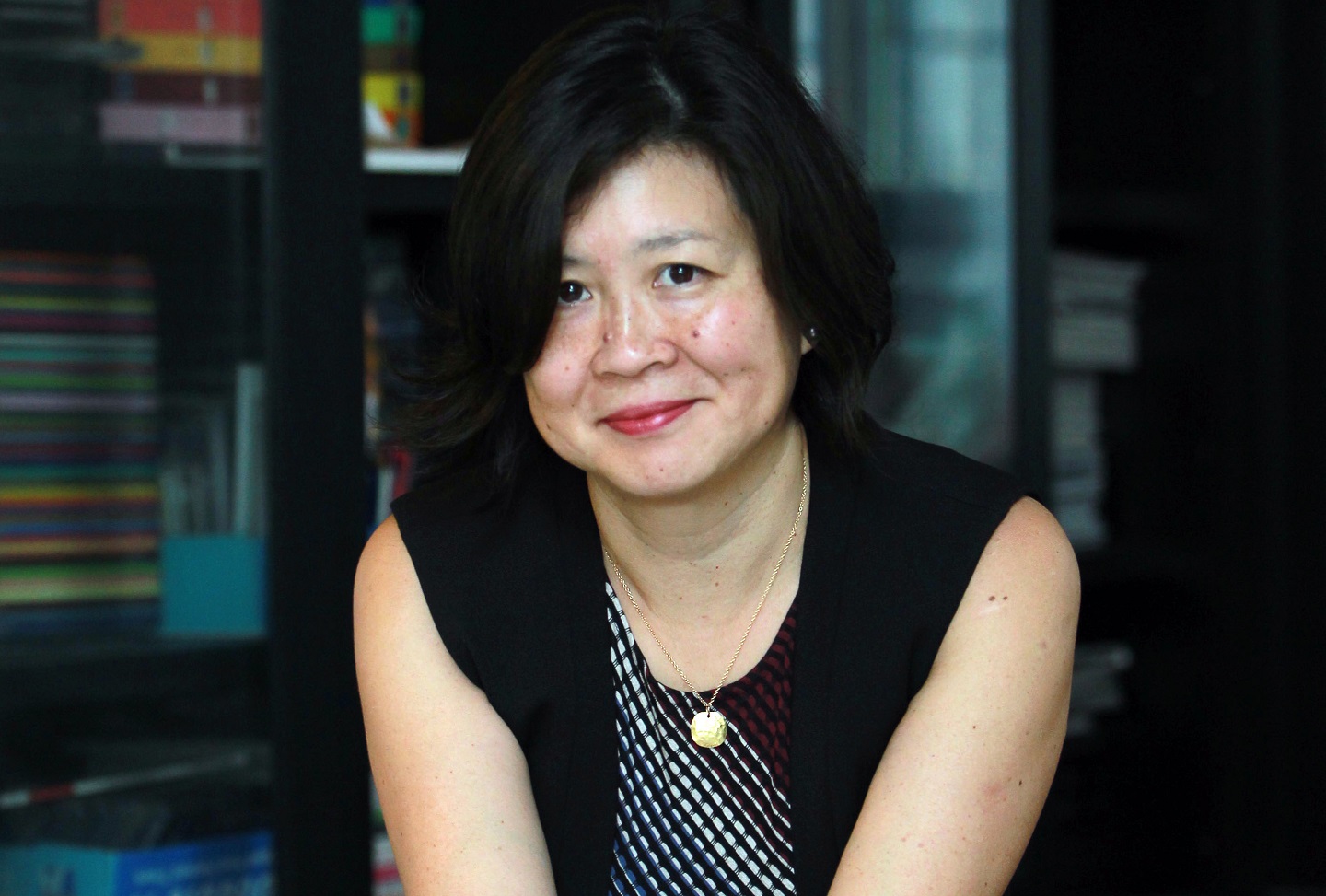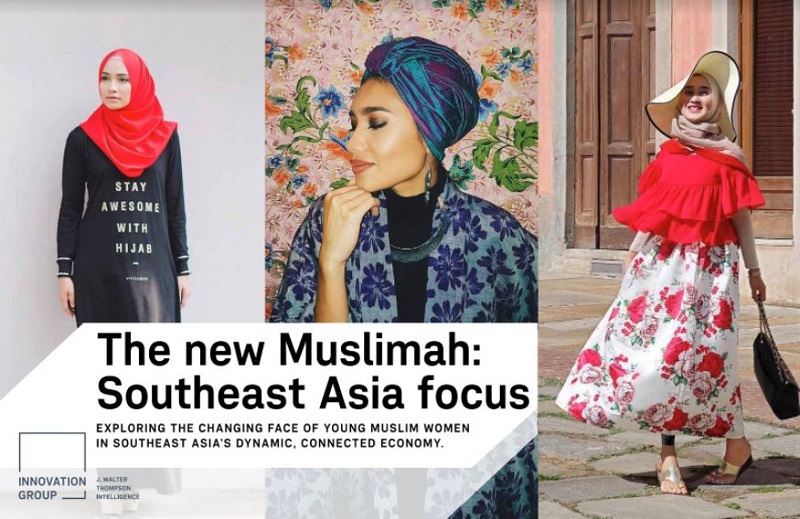
A newly created role encompassing research, data, analysis, global trends and insights sounds like a mouthful. But Chen May Yee, Asia-Pacific director of JWT Innovation Group, sees similarities between what she is doing now and what she has done for decades — talking to people and figuring out what the story is, except now it is called case studies.
The other difference is that she is able to roll out market surveys and gather the numbers to back up the story, unlike before, when she had to call up an academic or consultant to ask whether they had research on the particular issue and if she was pursuing the right angle.
Figuring out what is coming up around the corner and giving clients context as to why it is happening is fun, says Chen, who did public relations work for J Walter Thompson for two years before joining Innovation Group, part of JWT Intelligence market research, last July. Based on the information it gathers, the team deciphers future trends and how shifts in retail, health, beauty and luxury, for example, will affect consumer taste and behaviour.
It can guess who is likely to be interested in its findings — Indonesia, Singapore and Malaysia are keen on “The New Muslimah: Southeast Asia Focus”, released in September— but the surprise is Japan, whose embassies do a lot of business in the region. JWT’s Tokyo office had input in the report in terms of Muslim travel and one of those involved remarked that the Muslimah’s entrepreneurial gung-ho-ness and ability to go out and run their own business — difficult in still corporate-dominated Japan — is inspiring for young Japanese women.
JWT Intelligence is based out of the US and has a hub in Beirut for the Middle East, in London for Europe and in Kuala Lumpur for Asia-Pacific. Last year, it put out eight reports, among which was “Future 100”, which looks at what is trending this year in culture, technology and innovation, travel and hospitality, brands and marketing, food and drink, and lifestyle.

There is weighty Asian content in the report, reflective of the times. “It is no longer the 1980s or 90s, where a trend emerges in London or New York and you have to wait for it to slowly make its way here. The next big trends are going to be from Asia and you need someone on the ground,” Chen says.
Being on the ground has shaped her career, from the time she took a gap year in 1989 and worked as an intern at The Star, before heading off to study economics and sociology at the University of Bristol, UK and journalism at Columbia University, New York. The graduate returned to Kuala Lumpur and worked as country reporter for AFP from 1994 to 1996. “Writing two to three stories a day was good training to be fast and very accurate,” she says.
She then became the Malaysia correspondent for The Asian Wall Street Journal, covering issues such as the Asian financial crisis, Datuk Seri Anwar Ibrahim’s sacking as deputy prime minister and Reformasi, before being posted to Singapore in 1999 as regional technology correspondent. There, she followed the impact of the internet on government, business and society in the region.
In 2001, Chen was home in Malaysia again, this time to write The Royal Selangor Story: Born and Bred in Pewter Dust. The book tells how young pewtersmith Yong Koon sailed from Guangdong, China, to Malaya in 1885 and founded Royal Selangor. Yong is the author’s great-grandfather and the story is about her family’s 125-year journey with pewter.
A year later, newly married and living in the US, Chen obtained a Knight Science journalism fellowship at the Massachusetts Institute of Technology that took her to Cuba to study its healthcare system and biotech industry. She then joined the Star Tribune in Minneapolis as assistant business editor, writing and supervising a team covering healthcare, medical devices, residential real estate, food and consumer affairs. She also freelanced for The New York Times, writing about business, politics and culture.
A decade after moving to the US, family ties pulled and Chen, her American husband and their two daughters, then aged eight and six, back to Kuala Lumpur. She worked remotely from home for three years for The Straits Times’ foreign desk, editing stories by its 20 correspondents from around the world. In 2014, she left the Singapore paper and did freelance writing for the International New York Times and Forbes and part-time editing for the Nikkei Asian Review. Then she joined JWT.
One of the things Chen noticed after her return was social enterprises springing up and people leaving set careers to pursue their passion in a way that her generation did not do. “There are no clear paths now because the career ladder is broken and the internet has changed [people’s] ability to work anywhere and do different things.”
The speed of change in which sectors and whole industries are overturned and upturned by developments near and far also amaze her.
Ever the storyteller, she is taken with the explosion of Malay pulp fiction and the number of independent publishers that has popped up, such as Fixi and Legen Press, soliciting manuscripts and producing RM20 blockbusters that speak to young readers through contemporary urban fiction and poetry.
There are no clear paths now because the career ladder is broken and the internet has changed [people’s] ability to work anywhere and do different things
She has observed the emergence of young Muslim women on the entertainment scene, empowered by the likes of Yuna, who dare to go out and discover themselves, ignoring the naysayers.
Chen is interested in generation shifts, changing Asian parenthood, culture trends coming out of Asia, and gender dynamics.
Last August, she and photojournalist S C Shekar collaborated on Noted, an exhibition of portraits of writers, artists, filmmakers and cartoonists and their notebooks, at the George Town Festival. She interviewed and wrote about these people telling stories of what was happening around them. “Most Malaysians don’t understand journalists, artists and poets, how [their] work is done, the risks they take to get it out, and the toll it takes on them.” The idea was to bring to light the faces behind the bylines, their life story and why they do what they do.
On her thoughts about the country, Chen says: “The younger [Malaysians] are really not scared of the old demons we grew up with... I have faith that this generation is going to fix a lot of the things we let slide and can imagine a better Malaysia.”


